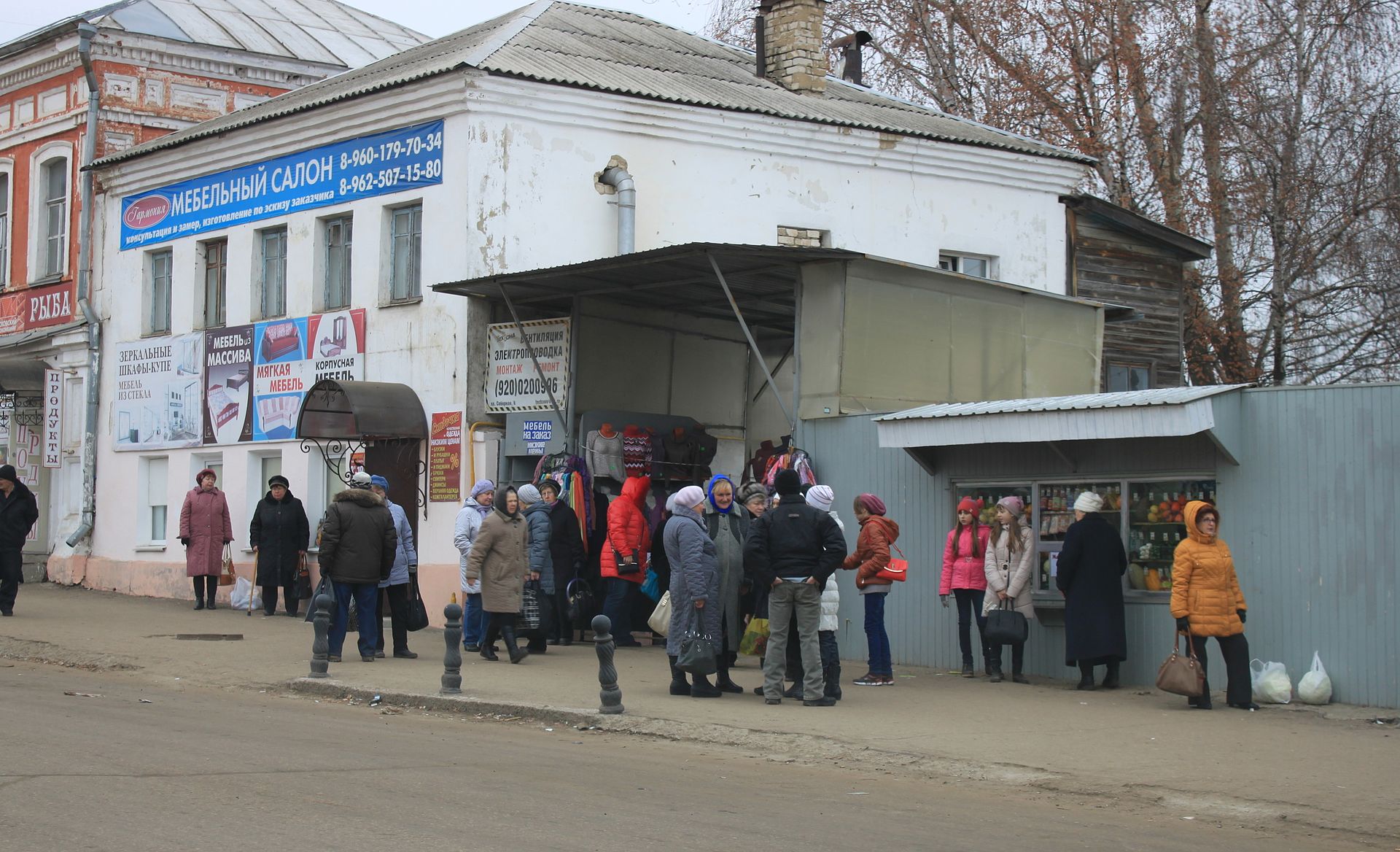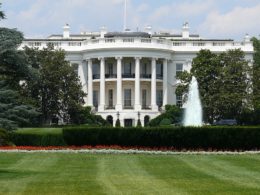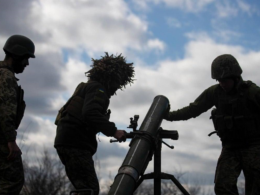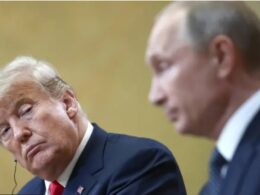Almost half (49%) of Russian citizens would support the withdrawal of Russian troops and peace talks with Ukraine without achieving the goals that Vladimir Putin has been talking about, according to the results of a telephone survey by the Chronicles project and the Extreme Scan research group.
As noted by The Moscow Times, this is the highest figure since the start of the war. The survey reveals that 33% of respondents would not support such a decision.
The overwhelming majority of respondents (63%) would like to see a peace agreement between Moscow and Kyiv within the next year based on mutual concessions. When choosing between peace and mobilization, 49% would prefer peace, while only 29% would support a new wave of mobilization. At the same time, 30% of Russians surveyed explicitly stated that they were not ready to go to war, the publication notes.
The survey was conducted from 10 to 17 September and covered 800 people selected by stratified random sampling. According to the researchers, the margin of error of the results is 3.45% with a 95% level of confidence.
In the summer, the Levada Center published the results of its own poll, according to which 58% of Russians supported the idea of peace talks with Ukraine. The survey also showed that the majority of citizens believe that it is Russia that is primarily interested in negotiations. At the same time, about half of the respondents allowed the conflict to escalate into a direct confrontation between Russia and NATO.
Peace talks were most often supported by Russians under 24 years of age (66%), rural residents (65%), women (64%) and people with low incomes (64%).
Related:
- Ambassador: Ukraine urges India to mediate Russia peace talks
- German ambassador: Russia not ready for peace talks with Ukraine
- Le Monde: Finnish president sees potential for Ukraine-Russia negotiations, outlines key elements for success
- Number of Ukrainians open to territorial concessions rises, but majority still opposes – poll shows
- China invites Ukraine’s foreign minister for talks on “achieving peace” with Russia
- Bloomberg: Zelenskyy says potential ceasefire talks require transparent international oversight





